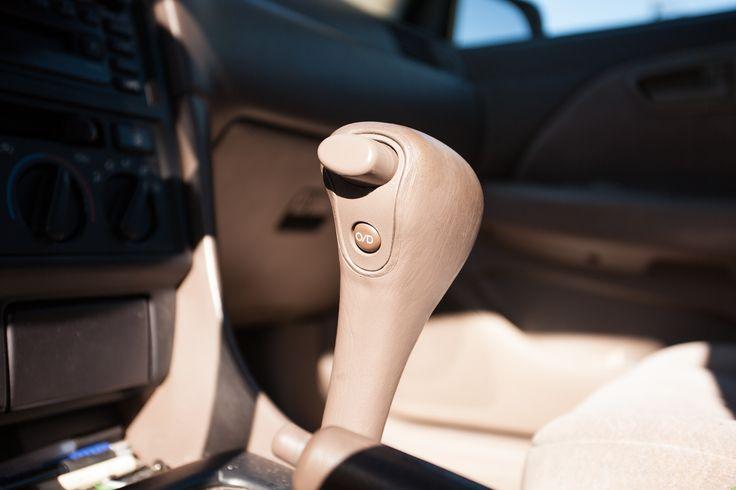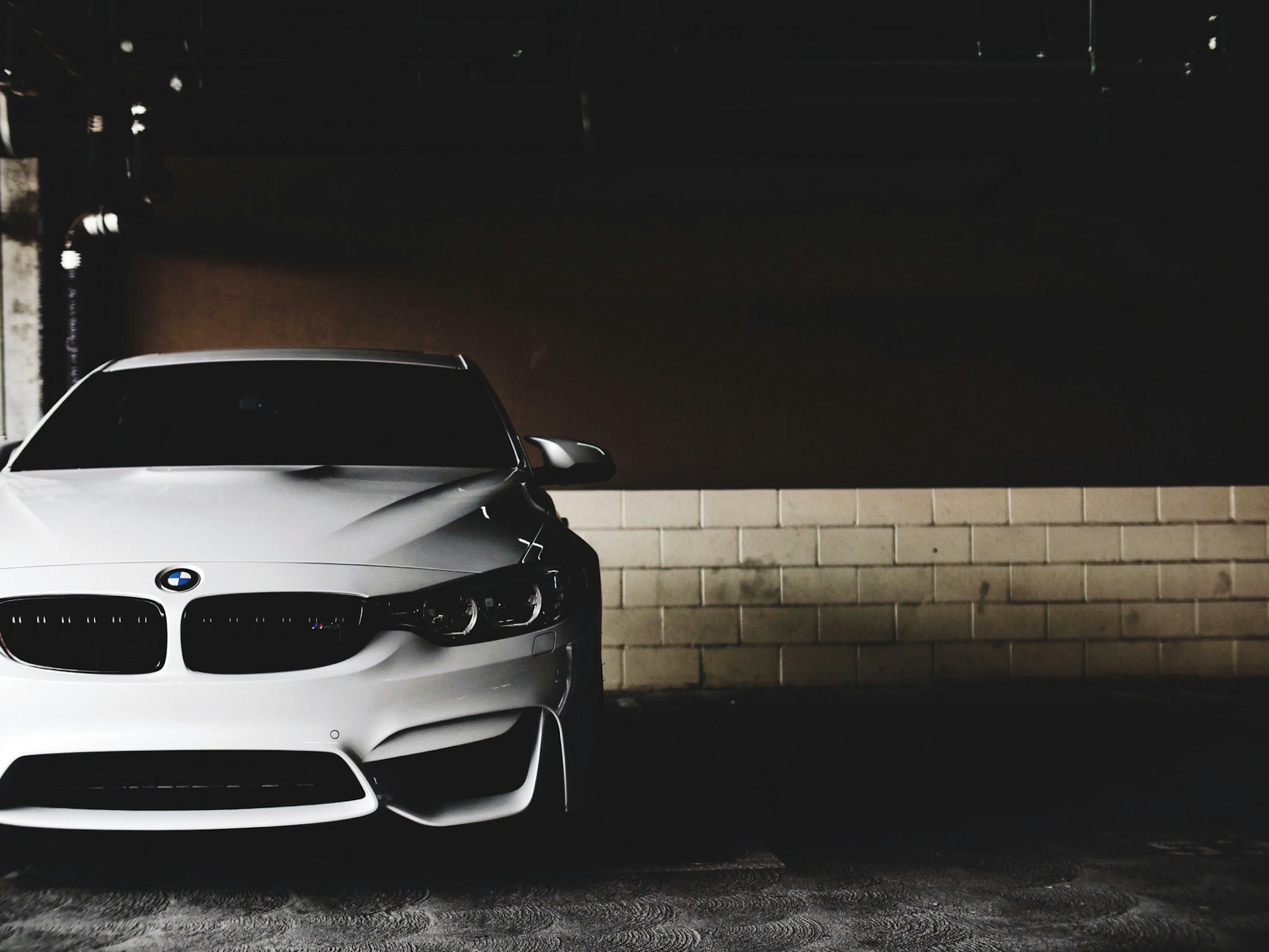The Most Reliable Cars With Inline 6 Engines
We’ll create a definitive list of the most reliable cars with inline 6 engines found in classic sports cars.
This list will serve as a valuable resource for car collectors, enthusiasts, and anyone seeking a timeless sports car that offers not just thrilling performance, but also the peace of mind that comes with a reliable power plant.
The Enduring Allure of the Straight-Six in Classic Sports Cars
The world of classic sports cars is a symphony of roaring engines and timeless design. While V8s often steal the spotlight with their throaty rumble and raw power, there’s another engine configuration that has carved a special place in the hearts of enthusiasts: the straight-6.
A recipe for balance and bliss
Unlike the bulky V8 with its wide footprint, the straight-six boasts a simple, elegant layout. With all six cylinders arranged in a line, it offers a perfect balance between power and weight distribution.
This translates to a more nimble handling experience, a crucial characteristic for a car that begs to be pushed on winding roads.
Smoothness personified
The inherent balance of the straight-six also contributes to its legendary smoothness. Unlike V8s that can sometimes feel rough due to uneven firing intervals, the straight-six delivers a linear power delivery, making it a joy to rev through the gears.
Overall, the smooth operation translates to a more refined driving experience, perfect for those who appreciate a blend of power and finesse.
A legacy of performance
The straight-six isn’t just about aesthetics – it has a rich motorsport heritage. Legendary marques like Jaguar, BMW, and Alfa Romeo have built iconic sports cars powered by these engines.
From the blisteringly fast Jaguar E-Type to the nimble and precise BMW 2002, the straight-six has propelled some of the most coveted classics to victory on racetracks and rally stages around the world.
Beyond power
The appeal of the straight-six goes beyond raw horsepower. It often delivers a more usable powerband, making it easier to extract performance on twisty roads.
Additionally, the compact design allows for better weight distribution, leading to sharper handling and a more engaging driving experience.
A soundtrack to remember
The straight-six doesn’t disappoint in the sound department either. While not as loud and boisterous as a V8, it produces a distinctive, high-pitched growl that’s both exhilarating and refined.
This unique sound signature is a hallmark of classic sports cars, adding to the overall driving experience.
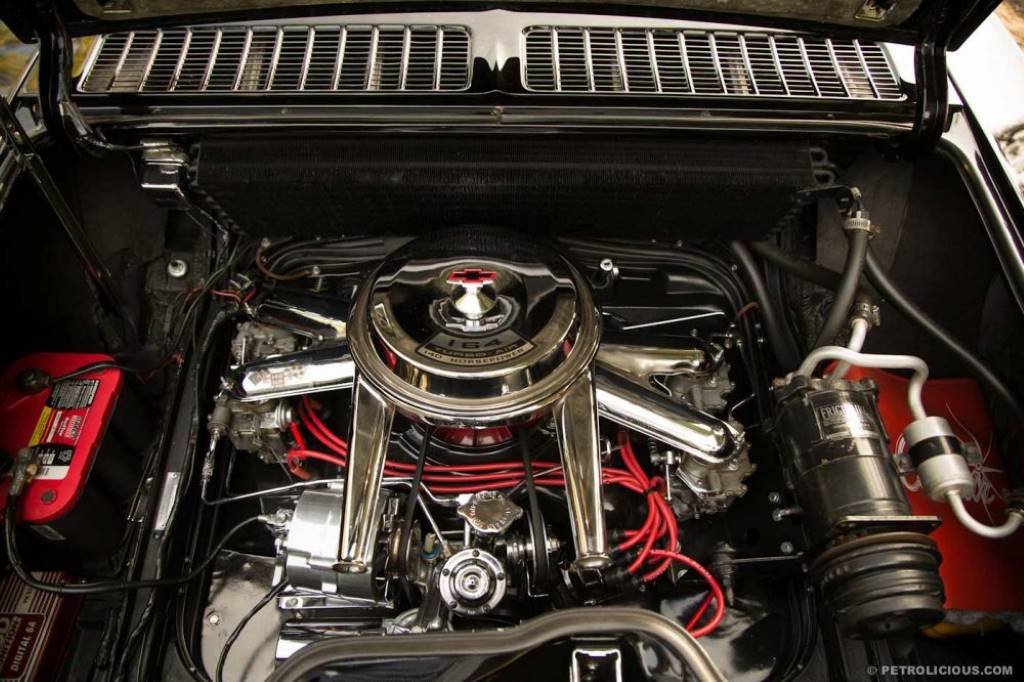
Most Reliable Cars With Inline 6 Engines: Top 10 Models To Remember
Cummins Diesel
While the other contenders on this list power cars you might find cruising down the street, the Cummins diesel inline-6 is a workhorse hero. Introduced in 1989 under the hoods of Dodge full-size pickups, it forged a legendary partnership that continues to this day.
Back then, Dodge was the only automaker offering a diesel with such muscle: a 5.9-liter inline-6 with both direct fuel injection and a turbocharger. This combination left competitors like Ford and Chevy scrambling to catch up.
The Cummins engine might not have boasted impressive horsepower numbers (coming in at around 160 hp), but its real strength lay in its immense torque – a whopping 400 lb-ft.
BMW M30
Renowned for its silky smooth operation and robust construction, the BMW M30 is a legend. This cast-iron powerhouse offered a variety of displacements throughout its production run, ranging from 2.5 liters to 3.5 liters.
The BMW M30 powered some of the most cherished BMWs like the E28, E30, and E34, making it a favorite among enthusiasts for its power and longevity.
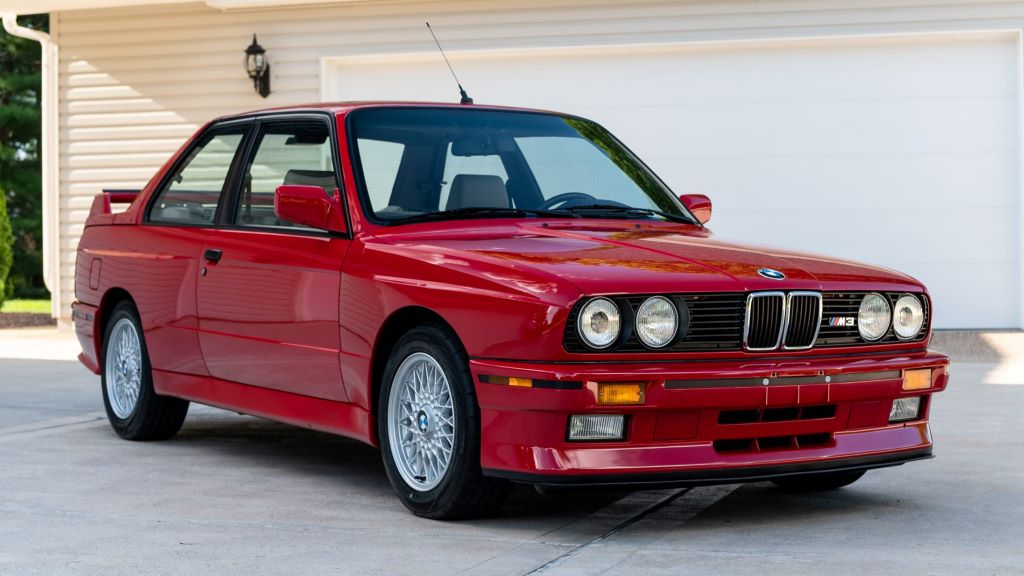
Mercedes-Benz M103 and M104
These Mercedes engines are known for their near-bulletproof reliability and impressive longevity. Introduced in the 1980s, the M103 (3.0L) and M104 (2.8L-3.2L) featured advanced technology for the time, including aluminum alloy construction and dual overhead camshafts.
While offering excellent power and refinement, their complexity can make them slightly more expensive to maintain compared to some competitors.
AMC 4.0-liter
This American workhorse earned a reputation for being nearly indestructible. Introduced in 1987, the 4.0-liter straight-six found a home in Jeep Cherokees and various AMC models.
It’s known for its simplicity, excellent torque for off-roading, and impressive fuel economy for a larger engine. While not known for blistering performance, its reliability and ease of maintenance make it a classic.

Hudson Twin H-Power
Produced in the 1930s and 1940s, the Hudson Twin H-Power was an innovative design featuring two straight-six engines mounted together to create a powerful 268 cubic inch (4.4L) unit.
Chrysler Slant Six
Ubiquitous and dependable, the Chrysler Slant Six is a true American icon. Introduced in 1960, this cast-iron marvel offered a reliable and economical option for various Chrysler vehicles.
Its simple design and readily available parts make it a favorite among budget-minded enthusiasts and a testament to enduring design.
Ford Barra
This Australian-made engine is a modern marvel. Introduced in 1988, the Barra family boasts a range of displacements and power outputs.
Renowned for its excellent power delivery, smooth operation, and impressive aftermarket support, the Barra has become a popular choice for engine swaps due to its inherent strength and tuning potential.
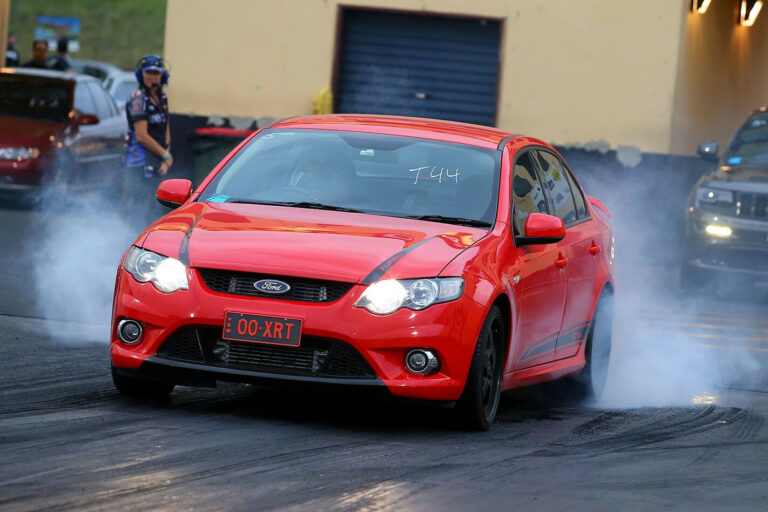
Ford 300
A staple of Ford’s lineup from the 1960s to the early 2000s, the 300 cubic inch (4.9L) straight-six offered reliable power for a variety of Ford vehicles. Known for its durability and ease of maintenance, it wasn’t a powerhouse but provided dependable performance for everyday driving.
Nissan RB26DETT
This legendary Japanese engine is a high-performance icon. Introduced in the late 1980s, the twin-turbocharged RB26DETT powered the Nissan Skyline GT-R and became synonymous with immense power and tunability.
While not the most fuel-efficient or easiest to maintain, its potential for mind-blowing performance has cemented its place in automotive history.
Toyota 2JZ-GE
Another Japanese powerhouse, the naturally-aspirated 2JZ-GE is a popular choice for enthusiasts seeking a reliable and tunable platform. Introduced in the 1990s, this 3.0-liter straight-six found a home in Toyota Supra models and offered a perfect balance of smooth operation and impressive power potential.
Its robust design and extensive aftermarket support make it a popular choice for performance builds.
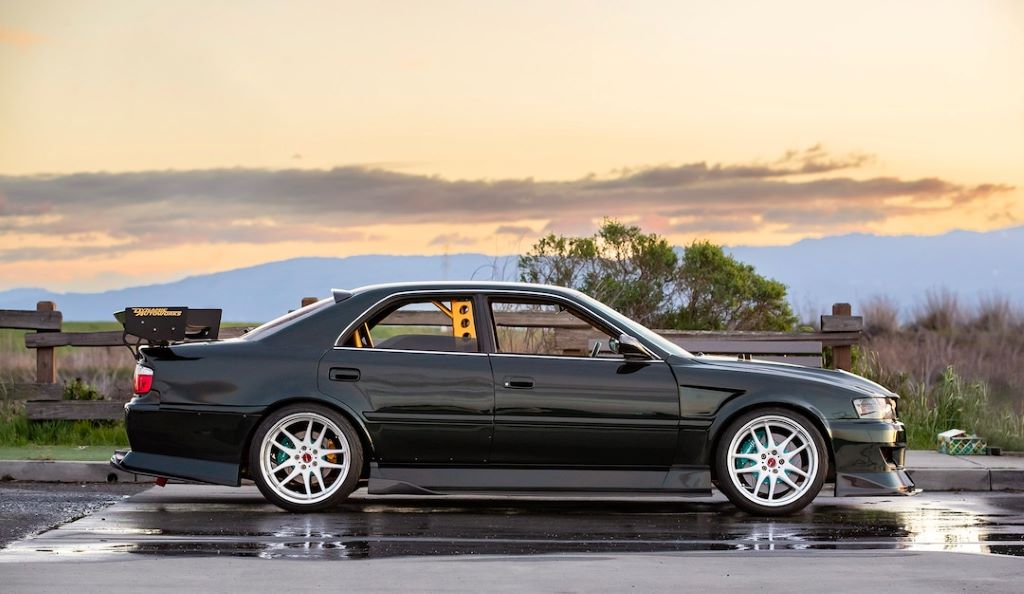
FAQs on Cars With Inline 6 Engines
1. Why are inline 6 engines considered more reliable than other engine configurations?
Inline 6 engines are known for their inherent balance and smooth operation, which reduces vibration and wear on engine components.
The design allows for longer crankshafts, enabling smoother power delivery and less stress on engine internals, contributing to overall reliability.
2. What maintenance considerations are unique to inline 6 engines?
Inline 6 engines may require specific attention to valve adjustments due to their longer cylinder layout. Regular maintenance of timing chains or belts is crucial to prevent catastrophic engine damage. Additionally, cooling system upkeep is essential to prevent overheating issues.
3. Do inline 6 engines offer better fuel economy compared to other engine types?
Inline 6 engines can offer good fuel economy, especially when coupled with modern technologies like direct injection and turbocharging.
The balanced design and longer stroke contribute to efficient combustion, but actual fuel efficiency varies depending on the vehicle’s weight and drivetrain configuration.
4. What are some uncommon reliability issues specific to cars with inline 6 engines?
Despite their reputation for reliability, inline 6 engines can experience issues such as oil leaks from the valve cover gasket due to the engine’s length.
Additionally, timing chain tensioner failures or VANOS (variable valve timing) system malfunctions can occur in some models.
5. Are there specific inline 6 engines known for exceptional reliability?
Certain inline 6 engines have gained acclaim for their durability, including the Toyota 2JZ-GTE, known for its robustness and tuning potential, and the BMW M54/M52 engines, revered for their balance of performance and reliability.
6. Can inline 6 engines be prone to carbon buildup issues?
Like other gasoline engines, inline 6 engines can develop carbon deposits on intake valves and ports over time. Regular use of fuel additives or intake cleaning services may be necessary to mitigate this issue and maintain engine performance.
7. What are the benefits of inline 6 engines in terms of driving experience?
Cars with straight 6 engines are prized for their smooth and linear power delivery, providing ample low-end torque and high-revving capabilities. This makes them well-suited for both spirited driving and daily commuting.
Check out this video from VisioRacer to get to know more about the most reliable 6-cylinders which run forever!
Conclusion
The next time you hear the signature growl of a straight-six engine, remember the rich history and engineering marvel it represents.
After all, these timeless cars with inline 6 engines are a testament to the enduring pursuit of both performance and reliability in the world of classic sports cars.






